+
Thomas J. Reese, S.J.
Senior Fellow
Woodstock Theological Center
Georgetown University, Washington
Pope on Pro-Choice Politicians
While traveling to Brazil, Pope Benedict XVI responded to a question about Mexican politicians who voted to legalize abortion. From his answer, reporters inferred that he endorsed comments by Mexican churchmen that the politicians should be excommunicated. The pope’s press spokesman later issued a statement approved by the pope that said the pope did not intend to excommunicate anyone. In response to questions, AP reports that the spokesman said, “Legislative action in favor of abortion is incompatible with participation in the Eucharist. ... Politicians exclude themselves from Communion.''
As Governor Romney eloquently said during the Republican presidential candidates’ debate, each church has the constitutional right to determine its internal policies, for example, who can go to Communion and who cannot. This is not a violation of the separation of church and state. The Quakers, for example, would have every right to excommunicate a member who voted in favor of war. Whether they should or should not is an issue to be debated and decided by the church.
In talking about abortion, it is important to distinguish a person’s position on the morality of abortion from a person’s position on whether the state should criminalize abortion. A person who feels that there is nothing wrong with abortion is clearly taking a position contrary to the position of the Catholic Church. But it is a separate question whether abortions should be criminalized.
Many canon lawyers and moralists believe that a politician could be against abortions and still oppose criminalizing it for prudential reasons, for example, because he believes such laws would be unenforceable, divisive and politically unrealistic. He may believe that a more realistic approach is to enact programs (healthcare, childcare, welfare, employment) that will reduce the number of abortions by giving women a real choice, by empowering them to say yes to life. These politicians point to the fact that there were fewer abortions during the Clinton Administration than during the Bush Administration. Raising the minimum wage, for example, would reduce more abortions than outlawing partial birth abortions. Such a politician could say, “I am opposed to abortion and will do everything possible to reduce the number of abortions short of putting women and doctors in jail.”
So far, the vast majority of the U.S. Catholic bishops oppose denying Communion to pro-choice Catholic politicians and voters. During the 2004 presidential election, only about 10 to 12 bishops of the approximately 190 diocesan bishops spoke out in favor of denying Communion. When the bishops meet in Baltimore this November, the question of denying Communion to pro-choice politicians will once again be debated when they vote on a new statement on “Faithful Citizenship.”
+
+
Copyright©Thomas J.Reese SJ 2007.
+
10.5.07
Subscribe to:
Post Comments (Atom)

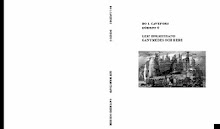



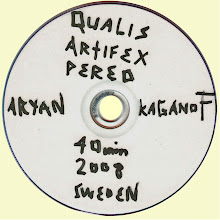

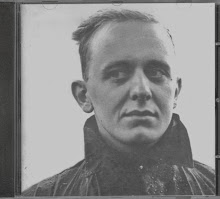

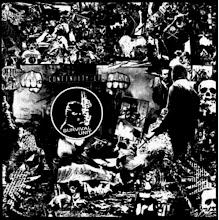






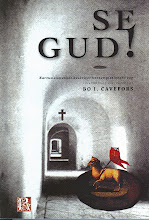


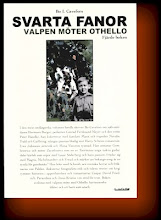
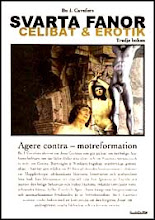


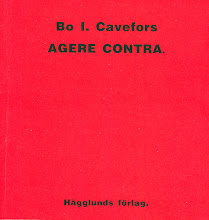
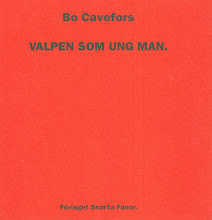








No comments:
Post a Comment